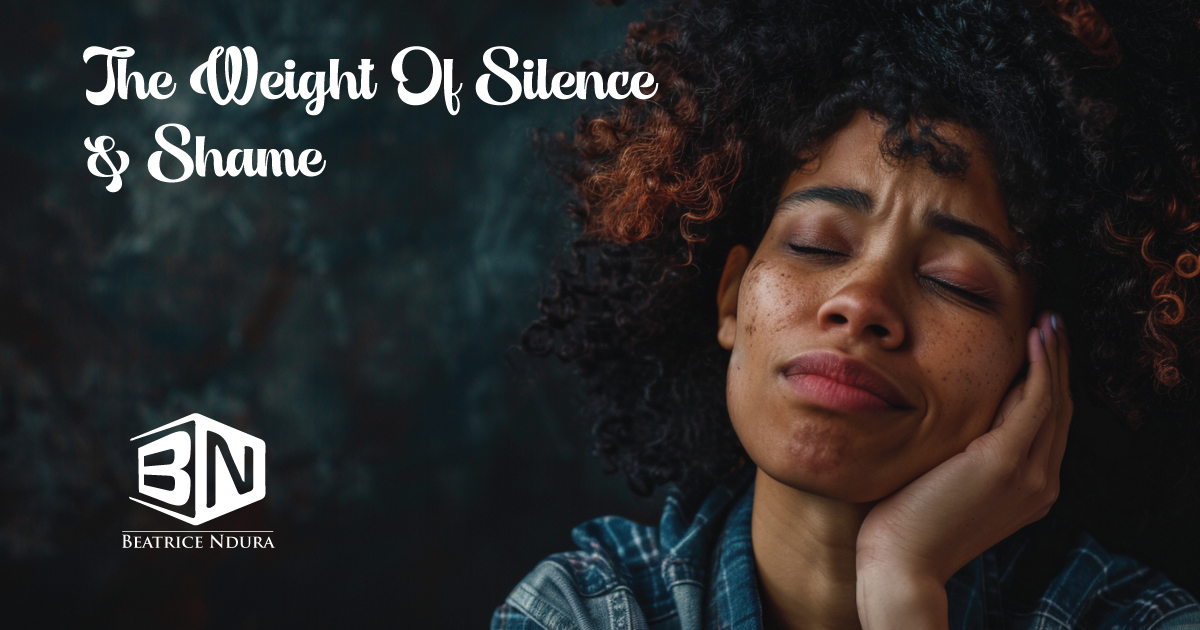In a recent workshop focused on sexual abuse and its impact on mental health, I had the honor of sharing my personal journey of survival and healing. Many women attending the session found solace and encouragement in my story, which led us to delve deeper into the complexities of how we perceive the pain inflicted by sexual abuse. The overarching theme that emerged was the profound impact that these experiences have on our coping mechanisms and our overall well-being.
The Weight of Silence and Shame
What resonated the most with the participants was the notion of breaking the silence surrounding our experiences. Speaking candidly about my struggles with sexual abuse forced me to confront my shame head-on. For many attendees, the journey began in their teenage years, where abuse at the hands of family members warped their self-image and instilled a deep-seated belief that they must have done something wrong to deserve such treatment.
As these women shared their stories, it became clear that the trauma they endured had irrevocably altered their perception of self-worth. Many reported feeling invisible, stripped of their confidence and vibrancy, ultimately retreating into isolation marked by constant tears. Here are five essential steps to consider as we navigate this complex landscape of pain and coping:
5 Essential Steps to Take
1. Identify Life Changes Post Abuse
Acknowledging the life-altering effects of sexual abuse is crucial. In the workshop, many women pointed out a pervasive fear of future attacks, which colored their daily lives and decision-making.
2. Notice the Body’s Reactions
Physical manifestations of emotional pain are often overlooked. Common responses included chronic fatigue and an aversion to physical activity, serving as a reminder of the body’s autonomy and its response to trauma.
3. Acknowledge Moods
A frequent theme was persistent sadness and the relentless cycle of worry. Recognizing and validating these feelings is the first step toward understanding their impact on daily life.
4. Examine Changes in Behaviour
Many women admitted to withdrawing from social interactions, preferring isolation through binge-watching television or overeating. Such behaviors often serve as coping mechanisms, albeit unhealthy ones.
5. Reassess Thought Patterns
The internal dialogue of those coping with sexual abuse is often harsh and self-deprecating. Statements like “I am worthless” and suicidal ideation emerged during our discussions, highlighting the urgent need to shift these damaging thoughts.
How to Cope with the Pain
Coping with the aftermath of sexual abuse requires a multifaceted approach. Here are several strategies that have proven beneficial:
1. Identify and Name Feelings
One of the most liberating aspects of healing is the ability to articulate feelings of shame and humiliation. Finding your voice encourages personal empowerment and paves the path to healing.
2. Seek Professional Help
Whether through a spiritual guide, mental health professional, or a supportive pastor, seeking help is paramount. Engaging with someone who understands the nuances of trauma can provide clarity and relief.
3. Journaling
Writing can serve as a powerful outlet for emotion, allowing for introspection and understanding. Your journal becomes a safe space where vulnerability can be explored, leading to healthier self-perception.
Conclusion: The Path to Healing
The journey toward healing from sexual abuse is not linear, and it is often fraught with uncertainty and discomfort. Articulating our experiences before God or a trusted counselor may feel daunting but can be immensely liberating. The teachings of Jesus—characterized by gentleness, empowerment, justice, and truth—offer a guiding light for those lost in their pain.
For those of us who have experienced trauma, we must hold onto the promise that we are not abandoned. God’s compassionate embrace can lift us from despair, offering healing and hope. As we begin to heal, we are also called to support others in their journeys by being sensitive to their pain and reflecting God’s grace and goodness to them.
“In the bruise of a reed, he will not break, and in the smoking wick, he will not extinguish.” — Isaiah 42:3
Together, we can forge a community of understanding and support, empowering one another on the complex journey toward healing.
—
Beatrice Ndura is a Mental Health Coach, writer, and the host of Musings Podcast, a platform dedicated to exploring mental and spiritual health. Through her work, Beatrice strives to enable others to break their silence and begin their healing journeys.
The images used in this article are AI-generated, created using advanced algorithms to visually represent the content.






